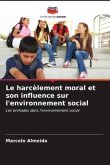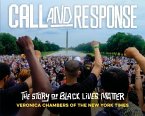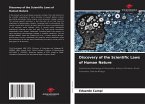Since ancient times, mistreatment, discrimination, global integration problems in South America, either with peers or with adults in the educational institution, frustrations generated by school failure, boredom caused by tasks that are experienced as unnecessary or useless, etc., intricate debates have been held about the epistemological and theoretical consequences of adopting one or another position on the problem of bullying. As for the social environment in which this problem occurs, there is: The bullying aggressor. Normally, the aggressor has a provocative behavior and permanent intimidation. He has an aggressive model in conflict resolution, has difficulty in putting himself in the other's place, lives a family relationship with little affection, and has very little empathy. According to criminal experts and psychologists, a child can be the author of bullying when he only expects and wants his will to be done, when he likes to feel the sensation of power, when he does not feel good or does not enjoy with others.
Bitte wählen Sie Ihr Anliegen aus.
Rechnungen
Retourenschein anfordern
Bestellstatus
Storno








